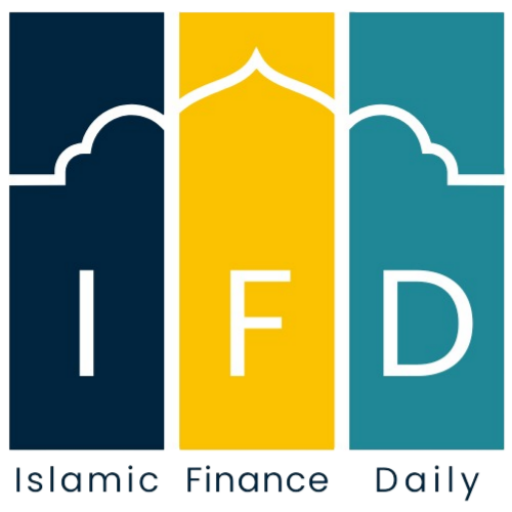The rise of fintech has transformed the financial industry, and Islamic fintech is no exception. With its foundations rooted in Sharia principles, Islamic fintech provides ethical, interest-free financial services that cater to the unique needs of Muslims and ethically conscious consumers worldwide. This blog explores the opportunities and challenges Islamic fintech presents and how it aligns technology with Islamic values to create a sustainable financial ecosystem.
Table of Contents
ToggleThe Growing Demand for Sharia-Compliant Financial Services
The global Muslim population is projected to exceed 2 billion by 2030, creating a vast market for Sharia-compliant financial products. Many Muslims seek ethical alternatives to conventional banking, avoiding interest (riba) and speculative transactions (gharar).
- Example: Indonesia, the largest Muslim-majority country, has witnessed a surge in Islamic fintech startups like Paytren and Alami, offering halal payment and financing solutions.
- Opportunity: Islamic fintech can tap into underserved markets in Africa, Southeast Asia, and the Middle East, where conventional banking systems often fall short.
Innovation in Islamic Fintech: Unlocking Opportunities
Islamic fintech leverages technologies like blockchain, artificial intelligence, and digital platforms to deliver innovative financial services.
- Crowdfunding Platforms: Companies like Ethis Group facilitate ethical investments in real estate and SMEs, enabling Muslims to invest in halal projects globally.
- Smart Contracts: Blockchain-based contracts ensure transparency and compliance with Islamic principles, automating processes like sukuk issuance.
- Microfinance: Platforms like Akhuwat in Pakistan combine Islamic microfinance with fintech to provide interest-free loans to marginalized communities.
These innovations not only meet ethical standards but also address financial inclusion, empowering underbanked populations.
Challenges in Islamic Fintech
While the sector offers immense potential, it faces significant hurdles.
- Regulatory Complexity: Islamic finance operates under diverse interpretations of Sharia law, making standardization difficult. Startups must navigate varying regulations across countries.
- Example: Malaysia and the UAE have established strong regulatory frameworks, while others lack clear guidelines, hindering global scalability.
- Limited Awareness: Many consumers are unaware of Islamic fintech or mistrust new technologies. Educational campaigns are essential to build trust and awareness.
- Competition with Conventional Fintech: Competing with well-established conventional fintech platforms can be challenging, especially in non-Muslim-majority countries.
- Scalability Issues: Small Islamic fintech startups often struggle with scaling operations due to limited access to venture capital or partnerships with conventional banks.
The Role of Governments and Institutions in Supporting Islamic Fintech
Governments and regulatory bodies play a critical role in fostering the growth of Islamic fintech by creating favorable policies and ecosystems.
- Example: The Dubai Islamic Economy Development Centre (DIEDC) promotes Islamic finance through strategic partnerships, while Bank Negara Malaysia supports startups with regulatory sandboxes.
- Solution: Collaborative efforts between governments, fintech companies, and Islamic scholars can streamline compliance and foster innovation.
Real-World Examples of Successful Islamic Fintech Startups
- Wahed Invest: A US-based robo-advisory platform offering halal investment portfolios, including stocks and sukuk. It has expanded to serve markets like the UK and Malaysia.
- Takaful Tech: Digital platforms are modernizing Islamic insurance (takaful), ensuring ethical risk-sharing mechanisms.
- Alami: An Indonesian peer-to-peer lending platform providing Sharia-compliant financing for SMEs, showcasing how fintech can enhance local economies.
Bridging the Gap: Collaboration Between Traditional Banks and Fintech
Islamic banks and fintech startups are increasingly collaborating to expand their reach and improve service delivery.
- Example: Bahrain Islamic Bank partnered with fintech firm BENEFIT to launch a digital wallet for Sharia-compliant transactions.
- Impact: Such partnerships combine the credibility of established banks with the agility of fintech startups, creating comprehensive financial solutions.
Conclusion
Islamic fintech represents a paradigm shift in the financial sector, combining ethical principles with cutting-edge technology to address financial inclusion, sustainability, and transparency. Despite challenges, the opportunities for growth and innovation are immense. With strong regulatory support, increased consumer awareness, and collaboration, Islamic fintech can transform global financial systems while staying true to its ethical roots.



